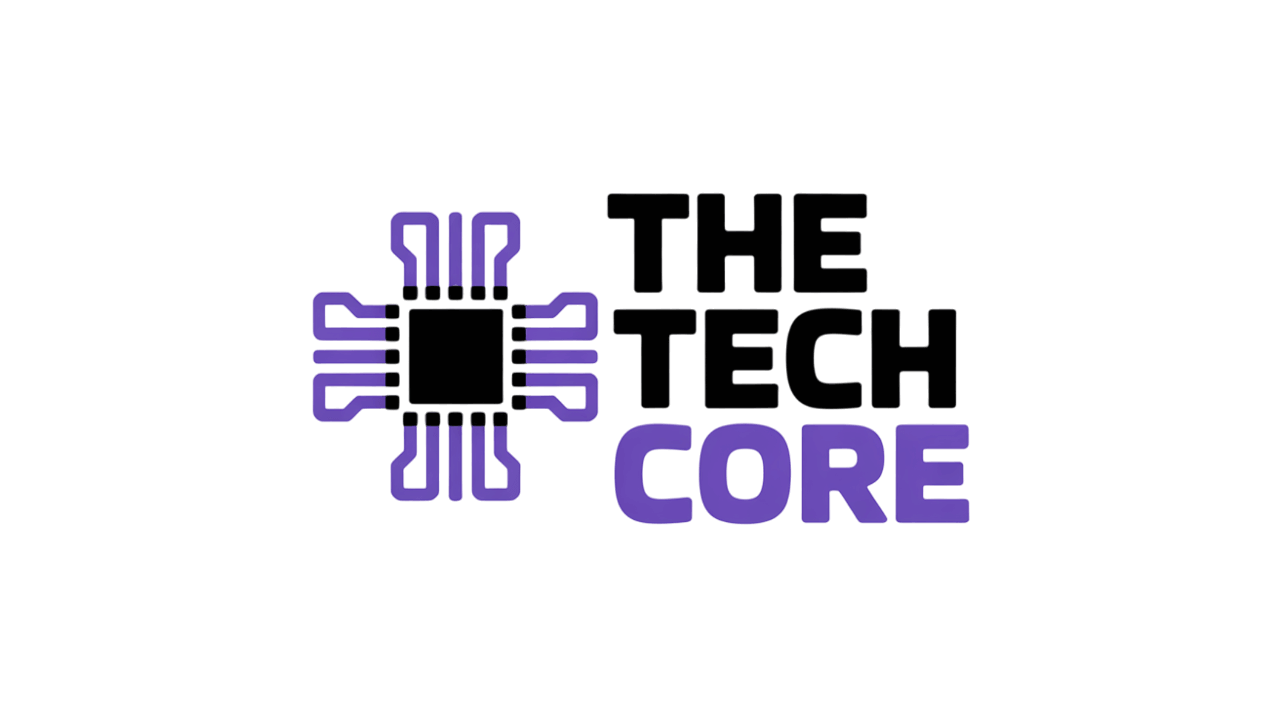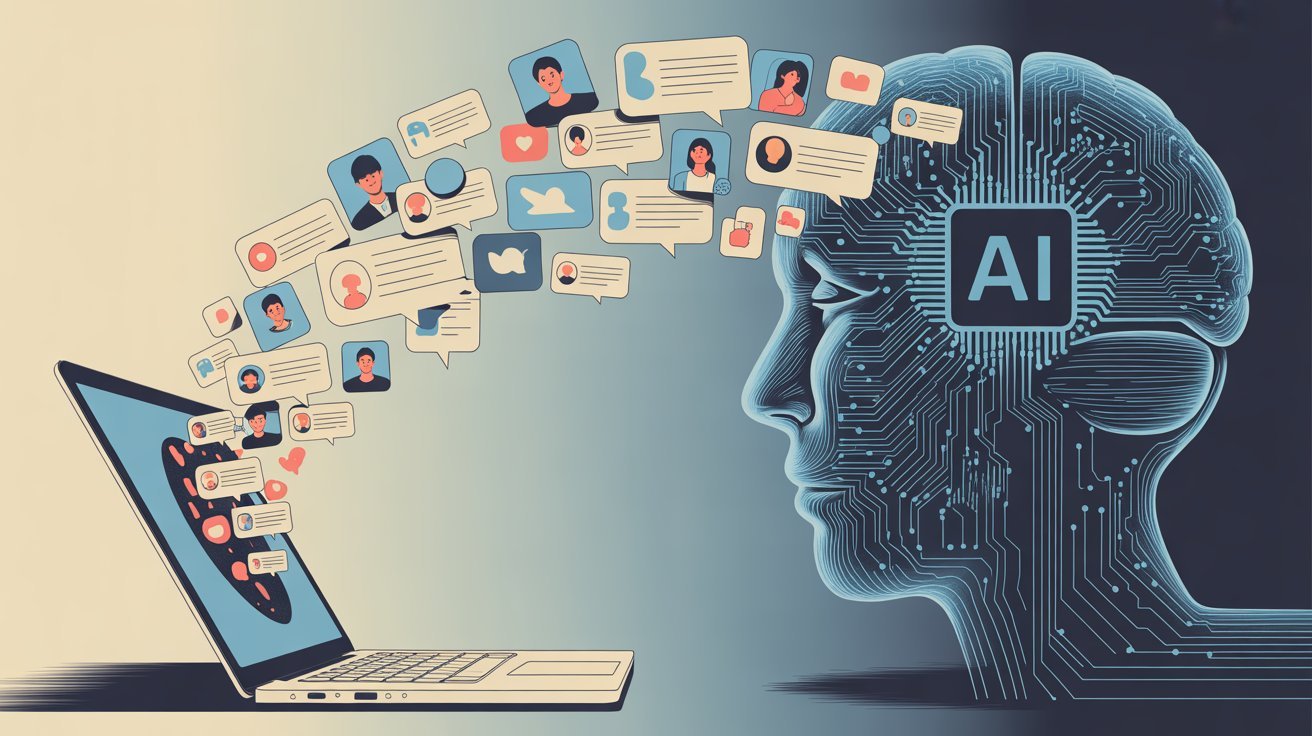What happens when your private conversations become someone else’s business model?
I was scrolling through Reddit last week when I saw something that made my coffee go cold. A user had discovered that a massive AI training dataset — we’re talking millions of examples — was packed with personal data. Not just any personal data, but the kind of stuff you’d never expect to see feeding into AI systems.
Think about it for a second. Every message you’ve sent, every comment you’ve posted, every review you’ve written — there’s a decent chance it’s sitting in some company’s training dataset right now.
And here’s the kicker: most of us never agreed to this.
The data grab nobody talks about
Here’s what’s happening behind the scenes. AI companies need massive amounts of text to train their models. The more data, the better the AI performs. So where do they get it?
They scrape the internet. Everything. Reddit threads, forum discussions, product reviews, social media posts — it all gets vacuumed up into these enormous datasets. Companies call it “publicly available data,” which sounds innocent enough.
But think about what that actually means. That frustrated review you left about a restaurant? It’s training data. The personal story you shared in a support group? Training data. The private message you thought was just between you and a friend on a platform that later changed its privacy policy? You guessed it.
Why this matters more than you think
I get it. Your first reaction might be “so what?” After all, if you posted something online, it’s public, right?
Not exactly. There’s a huge difference between sharing something with your community and having it fed into a corporate AI system. When you post in a niche forum or support group, you’re talking to people who get your situation. You’re not thinking about how your words might train an AI that could someday replace human writers or customer service reps.
Plus, there’s the consent issue. Most of us never explicitly said “yes, please use my personal stories to build your profitable AI system.” We agreed to platform terms of service, sure, but those documents are basically novels written in legal speak. Who actually reads them?
The human cost
Here’s a story that stuck with me. A friend recently found out that posts from a mental health forum she used during a difficult time were included in a training dataset. These weren’t just any posts — they were deeply personal accounts of her struggles with anxiety.
She felt violated. And rightfully so. She’d shared those experiences to help others going through similar situations, not to help a tech company build a better chatbot.
This isn’t just about privacy. It’s about trust. When we share personal experiences online, we’re being vulnerable with a community. Having that vulnerability monetized without our knowledge feels like a betrayal.
What can we actually do about it?
The frustrating truth? Our options are pretty limited right now. But here are a few things that might help:
Check your platform settings. Some sites now offer opt-out options for AI training. They’re usually buried deep in privacy settings, but they exist.
Read those updates. I know, I know. Nobody wants to read privacy policy updates. But companies are starting to mention AI training in these documents. A quick skim might save you from future surprises.
Think before you post. This shouldn’t be necessary, but it’s our reality now. Consider whether you’re comfortable with your words potentially training an AI system.
Support better alternatives. Some platforms are starting to take a stronger stance on user consent. When you have options, choose the ones that respect your data.
The bigger picture
This controversy isn’t going away anytime soon. As AI becomes more powerful and more profitable, the demand for training data will only increase. Companies will keep pushing the boundaries of what they can legally scrape and use.
But we’re starting to see pushback. The EU is working on stricter AI regulations. Some writers and artists are suing over unauthorized use of their work. Public awareness is growing.
The question is: will it be enough?
What happens next
Right now, we’re in this weird gray area where your personal data is probably training AI systems, but the rules around consent and compensation are still being figured out.
I think we’ll eventually see clearer regulations and better consent mechanisms. But that could take years. In the meantime, millions more conversations, stories, and personal moments will get swept up into these datasets.
The least we can do is talk about it. Share this with friends who might not realize their data is being used this way. Ask questions when platforms update their terms of service. Make it clear that we want more control over how our words are used.
Because at the end of the day, our personal stories and experiences have value. And we should have a say in how that value gets used.
Your data is training AI right now. The question is: are you okay with that?








